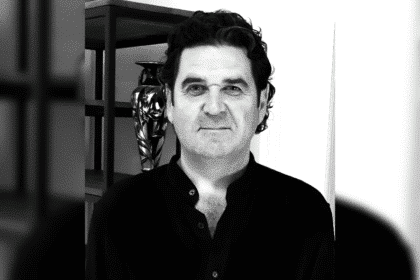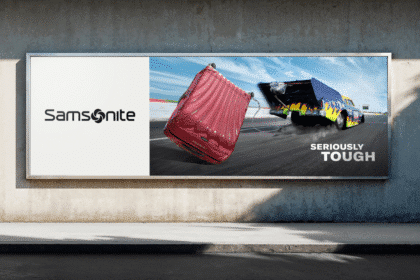Sportsbet’s CEO, Barni Evans (pictured), said that a balance needed to be struck when it came to regulations on gambling adverts on free-to-air TV.
“We acknowledge there is community sentiment on the volume of advertising,” Evans told the Standing Committee on Social Policy and Legal Affairs’ inquiry into gambling advertising.
A recent study from the Australian Institute of Family Studies found that 69 per cent of people thought that gambling ads were too common.
“One of the things we hold dear in Australia is the ability to watch sport on free-to-air television without paying a subscription, to have great content on free-to-air television and television costs money. Television is funded by advertising. Yes, we need to pay attention to community sentiment around wagering advertising but we should also ask the question around what the community wants in free-to-air television.
“We also recognise that the advertising and commercial activity here plays an important role in the financial sustainable viability of sport in Australia. therefore, what we seek the committee to take account of is that we need balance and I heard the word nuance mentioned before. We need to be aware of the nuance and the unintended consequences of any blanket restrictions that would apply,” he added.
Evans and Tania Abbotto, Sportsbet’s chief customer sustainability and people officer told the committee that while their demeanour “might appear defensive” given that they were placed in an “unfamiliar” environment in front of the committee, they understood the intent of the inquiry and that Sportsbet wanted to be “part of the solution.”
The Sportsbet session overran its allocated 40-minute slot by around half an hour, with committee chair and Labor MP Peta Murphy and Evans clashing repeatedly over Sportsbet preventing repeatedly successful customers from continuing to bet.
Evans and Murphy also clashed on the volume of gambling ads being seen by Australians.
“There has been an increase in spend by the category, that is undeniable,” said Evans.
However, when Murphy questioned whether an increase in ad spend leads to an increase in the volume of ads, Evans replied:
“It’s a bit of both, actually because the figures you gave before don’t speak to the interest and that advertising costs more on a per-ad basis.”
However, he did also accept that the overall number of ads was increasing.
Inducement advertising — those ads that offer monetary promotions and offers such as free bets — was one area where the Sportbet execs championed their approach to advertising.
“We should have a nationally consistent approach to inducement advertising. Between a quarter to a third of the category’s advertising is around inducements, so that’s an example of us not simply acquiescing to the community’s sentiment but proactively recommending steps that would reduce that volume and intensity,” said Evans.
Sportsbet’s TikTok adverts typically do not feature inducement. Instead, they are more personal, filmed documentary-style with presenters travelling around the world, engaging with fans, sports stars, and more to help further build its brand.
Tabcorp’s CEO, Adam Rytenskild, also spoke to the committee, declaring that “the proliferation of gambling advertising, we believe, has gone too far. This is not good for the broader Australian community, and it’s not good for the long-term sustainability of the wagering industry. Regulation of the industry is rightly an increasing focus for the government and for the community.”
He also announced that Tabcorp would voluntarily stop all advertising on free-to-air TV between 6:30 am and 8:30 pm and would support a blanket ban unless during dedicated racing programming.








